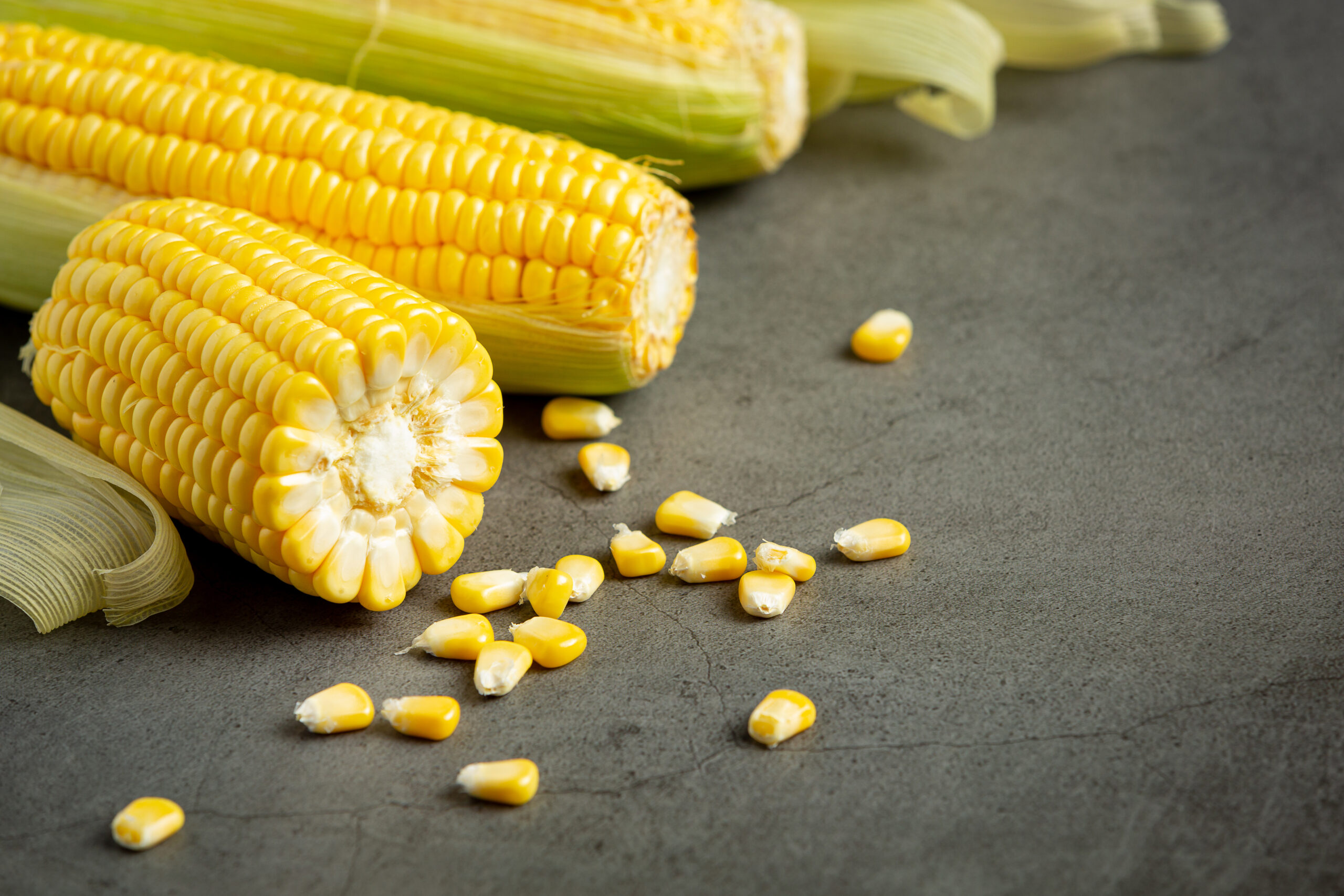
Corn is a staple crop enjoyed around the world, especially in countries like India, where it features heavily in street food, home cooking, and seasonal delicacies—from roasted corn and pakodas to makki ki roti. While it’s commonly available and affordable, many people question whether corn supports weight loss, especially given its association with processed products like high fructose corn syrup and its reputation for being high in carbohydrates.
However, this perception doesn’t tell the full story. In its natural, unprocessed form, corn is a nutritious and fiber-rich food that can aid digestion and support a healthy weight when eaten in moderation. Even sweet corn can be part of a balanced diet if portion sizes are controlled. It’s worth noting that corn comes in a variety of colors—yellow, red, blue, white, and even black—with the kernel being the most nutrient-dense and commonly consumed part.
This article explores how corn, contrary to popular belief, can be a smart choice for those looking to manage their weight, while also highlighting when it might not be the best option for certain individuals.
Despite its reputation as a starchy vegetable, corn offers several nutritional benefits that can asupport healthy weight management when eaten in moderation:
Corn contains a generous amount of dietary fiber, which plays a key role in appetite control. Fiber slows down digestion and helps you feel full for longer, which may reduce overall calorie intake and prevent unnecessary snacking between meals.
More than just a carbohydrate source, corn is packed with essential nutrients that help convert food into usable energy. It’s especially rich in B vitamins, such as thiamin and folate, which aid cellular energy production, as well as minerals like magnesium and potassium that support muscle performance and nerve function, important for active individuals.
The fiber and resistant starch in corn also serve as prebiotics, feeding the beneficial bacteria in your digestive tract. A balanced and diverse gut microbiome has been linked to better metabolism, improved digestion, and more effective weight regulation.
Corn is a good source of insoluble fiber, which helps support healthy digestion by promoting regular bowel movements. This type of fiber draws water into the stool, making it softer and easier to pass. When included as part of a high-fiber diet, corn can help prevent constipation and improve overall digestive function. Regular intake may also lower the risk of digestive issues linked to irregular bowel habits.
Corn is primarily a source of carbohydrates, with smaller amounts of protein and fat. It also provides key vitamins and minerals, including B vitamins, vitamin C, potassium, and vitamin A.
One medium ear of yellow corn contains approximately:
Corn is especially rich in potassium, a mineral that supports healthy blood pressure by acting as a natural diuretic.
Corn contains powerful plant compounds known as phytochemicals, which offer antioxidant benefits and may help reduce the risk of chronic diseases such as heart disease, type 2 diabetes, and certain cancers.
When it comes to managing your weight, how you eat your food can be just as important as what you eat. Just like whole fruits are better than fruit juices due to their fiber content, whole corn in its less processed forms offers more benefits than highly refined corn products.
Here are some of the best ways to enjoy corn while supporting your weight goals:
Whole corn—like corn on the cob—is one of the healthiest ways to enjoy this versatile grain. It retains its natural fiber, which helps with digestion and keeps you full longer. Opt for boiled, steamed, roasted, or grilled corn without heavy toppings. For example, avoid slathering it with butter, which adds saturated fat and extra calories.
Both white and yellow corn offer similar nutritional benefits, so you can choose based on preference or availability.
Popcorn is a great low-calorie, high-fiber snack when prepared correctly. Avoid packaged varieties loaded with butter, sugar, or artificial flavorings. Instead, air-pop your popcorn at home and use light seasonings like olive oil spray, chili powder, or garlic for flavor without the guilt.
Not all processed corn is bad—some minimally processed options can still be healthy. Choose whole cornmeal (not degermed), plain corn tortillas, unsweetened cornflakes, and traditional grits without added sugars.
However, steer clear of ultra-processed options like tortilla chips, sugary breakfast cereals, and flavored popcorns, as these often contain added fats, salt, and sugars that can undermine your weight goals.
Corn can be a smart choice for weight loss when eaten in its whole, natural form. It’s filling, nutrient-rich, and easy to add to healthy meals. Just watch your portions and avoid heavily processed versions to get the most benefit.s